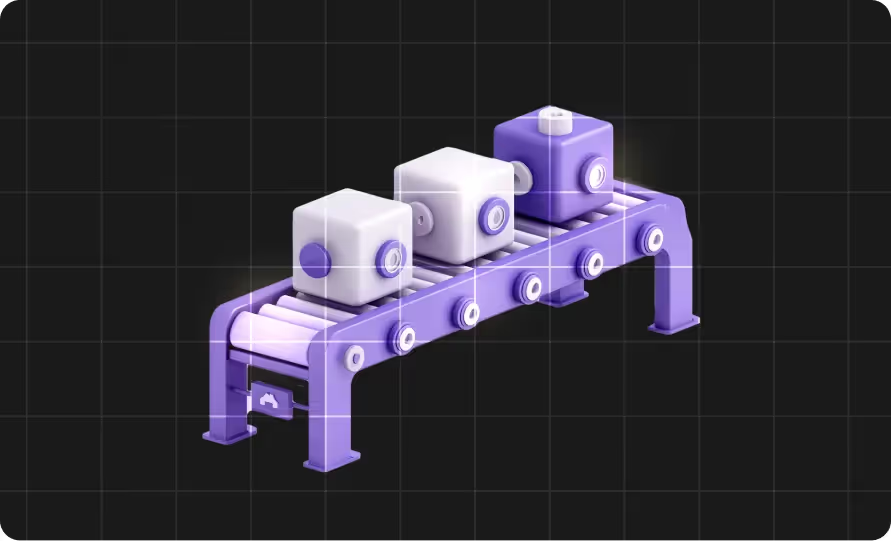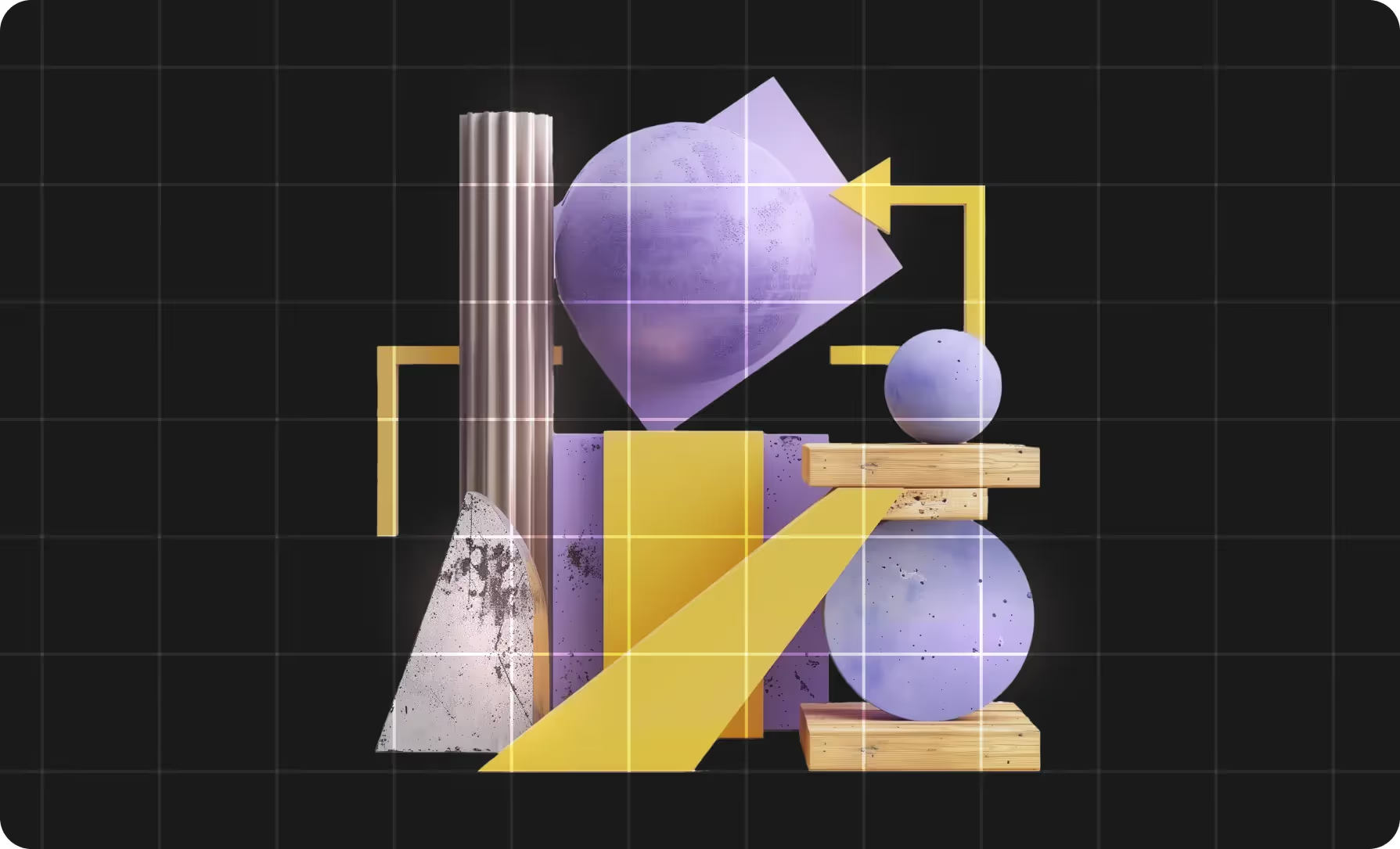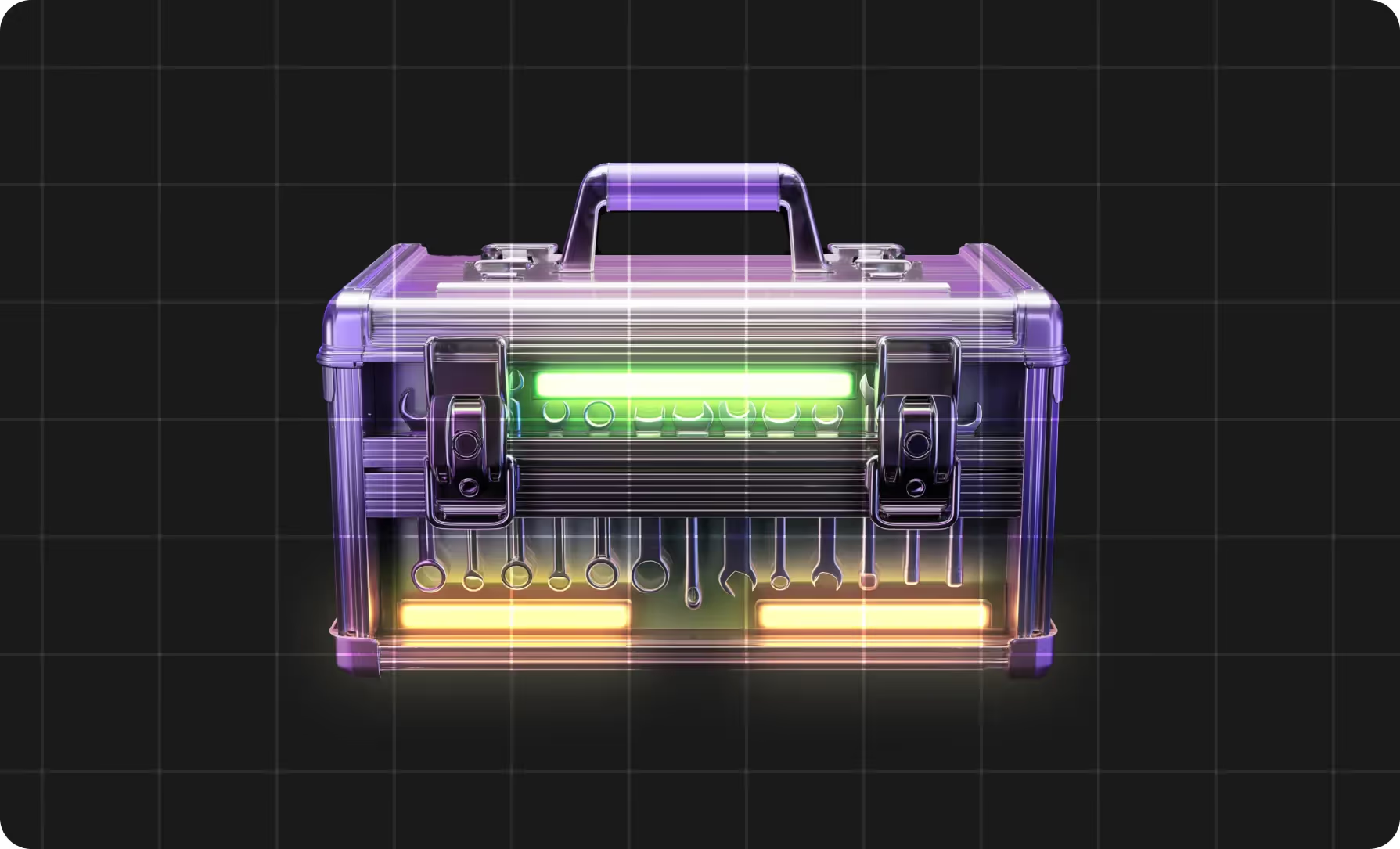According to recruiting data firm Aspen Tech Labs, there’s been a more than 25% increase this year compared to last year in artificial intelligence-related positions across the US. The median salary for AI jobs rose as well to $156,998, more than twice the average salary for all occupations. People with these skills are in high demand, and companies are willing to pay top-dollar to get them in their doors.
Many people see AI job postings and immediately discount this option, believing it’s too challenging to break into or irrelevant to their skill set or interests. However, a job in AI could be just what your career is lacking.
Artificial intelligence saves businesses money, making anyone who can train and manage it highly valuable talent. More importantly, this tech is actively making waves in sectors such as climate and healthcare. Consider how fulfilled you might be creating software that makes the world healthier, happier, and more productive.
But where to start in AI? If you’re new to this industry or come from a less technical background, you could become an AI automation engineer. AI automation engineers make on average around $107,000 a year, and the job can easily be learned and honed without needing to go back to school full-time.
Below, we’ll walk through what an AI automation engineer is and does day to day, what hard and soft skills you’ll need to develop to land this role, how to go about building these skills, and common career paths AI automation engineers follow.
What is an AI automation engineer?
AI automation engineers find ways to automate business workflows using AI. They embed within a specific team like HR to streamline processes like onboarding new hires or recruiting candidates, or they work across teams to build efficiencies that boost a company’s bottom line and improve employee productivity and morale.
What differentiates AI automation engineers from other AI specialties is that they aren’t actually building AI engines from scratch. Rather, they help customize and integrate existing systems to fit a business’s needs.
AI automation engineer vs. AI engineer: A comparison
AI automation engineers leverage AI tools and algorithms to automate tedious or time-consuming tasks. Meanwhile, AI engineers are the ones who actually design, build, and train those algorithms and core models.
For the most part, AI automation engineers have less technical expertise than AI engineers, meaning they aren’t as deep in coding, programming, software development, and machine learning. With this, AI automation engineering tends to be a better career path for AI beginners, or individuals who want to break into tech but don’t want to become highly technical, niche developers.
Think about it this way: An AI engineer might work for an AI company or product like OpenAI, Google’s Gemini, or Anthropic’s Claude. An AI automation engineer, on the other hand, could work for a company that uses these AI tools but in industries such as finance, legal, automotive, retail, and tech, among others.
Here’s a quick comparison between an AI engineer and an AI automation engineer:
What does an AI automation engineer actually do?
So now you understand what an AI automation engineer is, let’s explore what their job is like everyday.
An AI automation engineer's responsibilities may include some or all of the following:
- Building AI-powered tools using prompt engineering and automated evaluations: Prompt engineering involves fine-tuning what you input into an AI system to get the best results for your specific use case. Then, “best results” are determined by evaluations that test and measure how an AI service is performing so you can trust it’s doing its job properly. Both are crucial for AI automation engineers to ensure whatever systems they’re integrating into their software package pay off in terms of output and financial gains.
- Integrating AI components into existing business systems: AI automation engineers are familiar with and on top of ever-changing company infrastructure, and do the research, testing, and monitoring required to embed AI components that feel intuitive, drive business outcomes, and improve efficiencies for staffers.
- Developing production-grade internal applications with robust front-ends and back-ends: AI automation engineers might build apps (either using existing AI systems or basic software development tools) for specific needs across the business, and those tools must be easy for non-technical users (think: recruiters and marketers) and customizable and adaptable for technical users (think: software engineers and QA engineers).
- Collaborating with cross-functional teams to identify automation opportunities: AI automation engineers gather lots of feedback before pursuing AI avenues. They talk with key stakeholders who might need certain tasks automated or streamlined to understand their biggest pain points, and loop those same stakeholders in as the AI tools are developed to ensure they’re in line with that team’s workflows and priorities.
- Monitoring system performance and implementing maintenance strategies: When something breaks, freezes, or doesn’t deliver on its promise, AI automation engineers are there to assess the problem and find and provide solutions.
Some examples of task automation an AI automation engineer might oversee or help implement include:
- Customer service chatbots and virtual assistants that speed up the amount of requests a customer service rep can answer or boost customer satisfaction.
- Invoice processing and data migration automation so finance and HR teams can work more quickly and confidently.
- Report generation and business intelligence dashboards for any team or leadership looking to back up decision-making with reliable and digestible data.
- Predictive maintenance in manufacturing to preempt equipment failures and save on repair costs.
- Document processing with retrieval-augmented generation (RAG) so internal and external content can be summarized and leveraged with greater accuracy.
For context, here’s a breakdown of what an AI automation engineer does compared to popular jobs like software engineer or machine learning engineer:
Key skills for AI automation engineers
To be an AI automation engineer, you’ll need to develop several important hard and soft skills.
Hard skills relevant to AI automation engineering include:
- Process mapping: This involves knowing how to document and analyze business workflows so you can figure out what’s bogging the process down or how it can be improved upon.
- Robotic process automation (RPA): AI automation engineers use tools like UiPath, Automation Anywhere, and Microsoft Power Automate to teach AIs how to automate relevant and repetitive tasks for their business.
- AI and system integration: This involves connecting your company’s software to software like large language models, speech-to-text, optical character recognition (OCR), and prediction microservices; building API connectors; working with databases; and understanding webhooks.
- No-code/low-code tools: Fluency in low-code AI tools like Make, Zapier, and n8n can be a plus, especially if the company you work for or are applying to uses them or you want to build highly customizable tools.
- Basic coding: Knowledge of or experience with Python or JavaScript can help you refine your AI tools or write task-specific scripts.
Meanwhile, relevant soft skills include:
- Strong communication to work across teams, personalities, and levels of technical expertise, and be able to easily translate to non-technical audiences.
- Change management to adapt to new challenges and quickly pivot when business needs shift.
- Organization and time management to juggle multiple projects and priorities at once and develop clear documentation.
- Problem-solving and analytical thinking to look at issues or blockages from all angles and come up with innovative, affordable, and attainable solutions.
- Adaptability to rapidly evolving AI trends and technologies.
Many people underestimate the value of soft skills, when in fact it’s these exact qualities that will differentiate you from other candidates. After all, no one wants to work with an engineer that’s bad at communicating, stubborn in their ways, and unable to think outside the box.
To assess whether you have what it takes, ask yourself the following questions:
- Do you approach challenges with curiosity and an open mind?
- Do you enjoy coming up with new ways to tackle problems?
- Do you like working with different kinds of people?
- Are you more productive in a group?
- Does change make you anxious or freeze up? (The answer should be no.)
To summarize the skill set of an AI automation engineer:
How to become an AI automation engineer: A step-by-step roadmap
Intrigued by the prospect of becoming an AI automation engineer? We hoped you’d say that!
Take these steps to start your journey:
Step 1: Learn workflow automation basics
You’ll first want to get your bearings around process mapping and business analysis so you can easily spot opportunities where AI could be beneficial. Find free or cheap workflow mapping tutorials online or ways within your current organization to document and review systems that need improvement.
You should also practice prompt engineering. Doing so is as easy as trying to get a large language model like ChatGPT, Claude, or Gemini to achieve a specific outcome or complex task with minimal iteration.
Step 2: Get hands-on experience with RPA and automation tools
To build up those crucial RPA and AI automation skills, you’ll want to spend some time with tools like UiPath or Make. You can begin by trying to automate a basic or repetitive task in your own life or current job.
Step 3: Practice integrating third-party AI APIs
Next, you’ll want to learn how to integrate AI into business systems. For example, you could try adding ChatGPT to a customer support workflow.
Step 4: Upskill with no-code or low-code builder platforms
Many low-code builder platforms offer tutorials for learning their platforms from scratch. Check out Zapier basics, or search for a specific platform on YouTube, then find ways to leverage these tools for multi-step workflows to further expand your expertise.
Step 5 (optional): Learn basic scripting
Browse YouTube, sign up for a bootcamp, or take an online course on programming languages like Python or JavaScript. This will enable you to better understand the tech you're working with and further customize automation tools to your needs. Plus, it’s a major resume boost!
Notice how we didn’t ask you to dive into machine learning theory or model building. That’s because these skills aren’t totally necessary for the field of AI automation engineering. If becoming an AI engineer is more your speed, however, you’ll want to brush up on those topics as well (maybe even in an AI & ML bootcamp).
Step 6: Build a public portfolio
Employers want to see you can practice what you preach in interviews. Public portfolios are also often how recruiters find tech talent, so you’ll definitely want to have one (and keep it updated on the reg).
You can create a portfolio on GitHub, Notion, or a simple website. Share samples of processes you’ve automated, either via screen recordings, workflow diagrams, or code snippets. Then, explain how those systems targeted and solved real business problems.
Spotlight: TripleTen’s AI Automation Bootcamp
Not everyone can self-motivate to learn AI automation or build their own AI tools. For those who need a bit of accountability and guidance, consider TripleTen’s AI Automation Bootcamp.
In just four months (yup, seriously!), you can learn all about AI tools and prompt engineering, integrating AI solutions using data pipelines, webhooks, and APIs, and more. Our bootcamps are fully online and flexible, and specifically designed for non-coders and career changers to get real-world, hands-on experience in AI automation. The best part? You’ll come away with a robust portfolio of work and a network of mentors and coaches for ongoing career support once you’re ready to enter the job market.
Certifications and education options for AI automation engineers
Certifications can be a great way to practice and build upon your AI automation skills and add context and credibility to your resume.
Some great ones to consider are:
- UiPath Certified Professional
- Microsoft Certified: Power Automate RPA Developer Associate
- Microsoft Certified: Azure Fundamentals
- Blue Prism Developer Certification
- ISTQB Test Automation Engineering Certification
- TripleTen’s AI Automation Certification
- AWS Certifications
And don’t sweat about an advanced degree: Many employers aren’t looking for a formal acknowledgment of your AI automation and engineering expertise. What most care about is whether you have experience managing systems like theirs, a record of improving business outcomes (and exercising those valuable soft skills listed above!), and a portfolio that showcases your skills in action.
AI automation engineer salary and career path
Once you’ve begun your training and job search, you’ll want to familiarize yourself with the salary and career path of an AI automation engineer, both to inform what jobs you pursue as well as your negotiation tactics.
According to Glassdoor as of the time of this writing, AI automation engineers make between $116,000 and $172,000 a year in total pay. Broken down by experience level, you can make:
- Entry-level (0-1 years): $92,000-$142,000
- Mid-level (1-6 years): $104,000-$171,000
- Senior (7+ years): $117,000-$214,000
The top state in terms of salary for AI automation engineers, according to ZipRecruiter, is California, with cities like San Francisco and Berkeley paying $137,000 a year or more for these roles.
Software platform Azumo recently reported that demand for AI automation engineers is growing specifically in manufacturing and logistics, financial services and banking, healthcare, and retail and e-commerce. Law, consulting, and accounting are also increasingly investing in AI automation as a way to streamline documentation and compliance, so make sure to look in these areas and at companies within these sectors for open roles.
Within AI automation engineering, you can grow or transition into several types of roles, such as:
- RPA developer, where you can further own the process of designing, developing, and managing bots to automate tasks.
- Workflow automation engineer, which might broaden your responsibilities beyond AI and involve more complex projects.
- AI automation specialist, where you might focus more on research rather than implementation.
- Automation consultant, where you can start your own business, become a contractor, or work across companies or industries.
FAQs about AI automation engineering
How long does it take to become an AI automation engineer?
You can learn all the skills you need to become an AI automation engineer in just four months at a focused bootcamp program. In addition, a bootcamp will have you graduate with projects and bona-fides in hand, so you will be ahead of the game in terms of your portfolio. You can also go with self-study, but expect that path to take much longer.
Do I need a computer science degree to become an AI automation engineer?
No, you don’t need a computer science degree to become an AI automation engineer. A computer science degree can be helpful, but is absolutely not a requirement. Many people have transitioned from other fields by teaching themselves or by going through a bootcamp. The degree isn’t what matters; practical know-how and the bona-fides proving it are what employers are really looking for.
What programming languages should I learn to become an AI automation engineer?
You don’t necessarily need to know programming languages to become an AI automation engineer, as you’ll be focusing on applying AI tools as opposed to making AI tools. However, if you want to gain some coding background to gain a deeper understanding of the tools or to later move into a more technical role, start by learning Python.
Can I become an AI automation engineer without coding experience?
You can absolutely become an AI automation engineer without coding experience. Coding isn’t the backbone of the job; applying AI tools is. You will need skills with those tools, however, so make sure you have know-how with them before you start applying. If you want to move into an AI engineering role as opposed to an AI automation engineering role, then you should learn Python.
.avif)






%20(2).avif)









